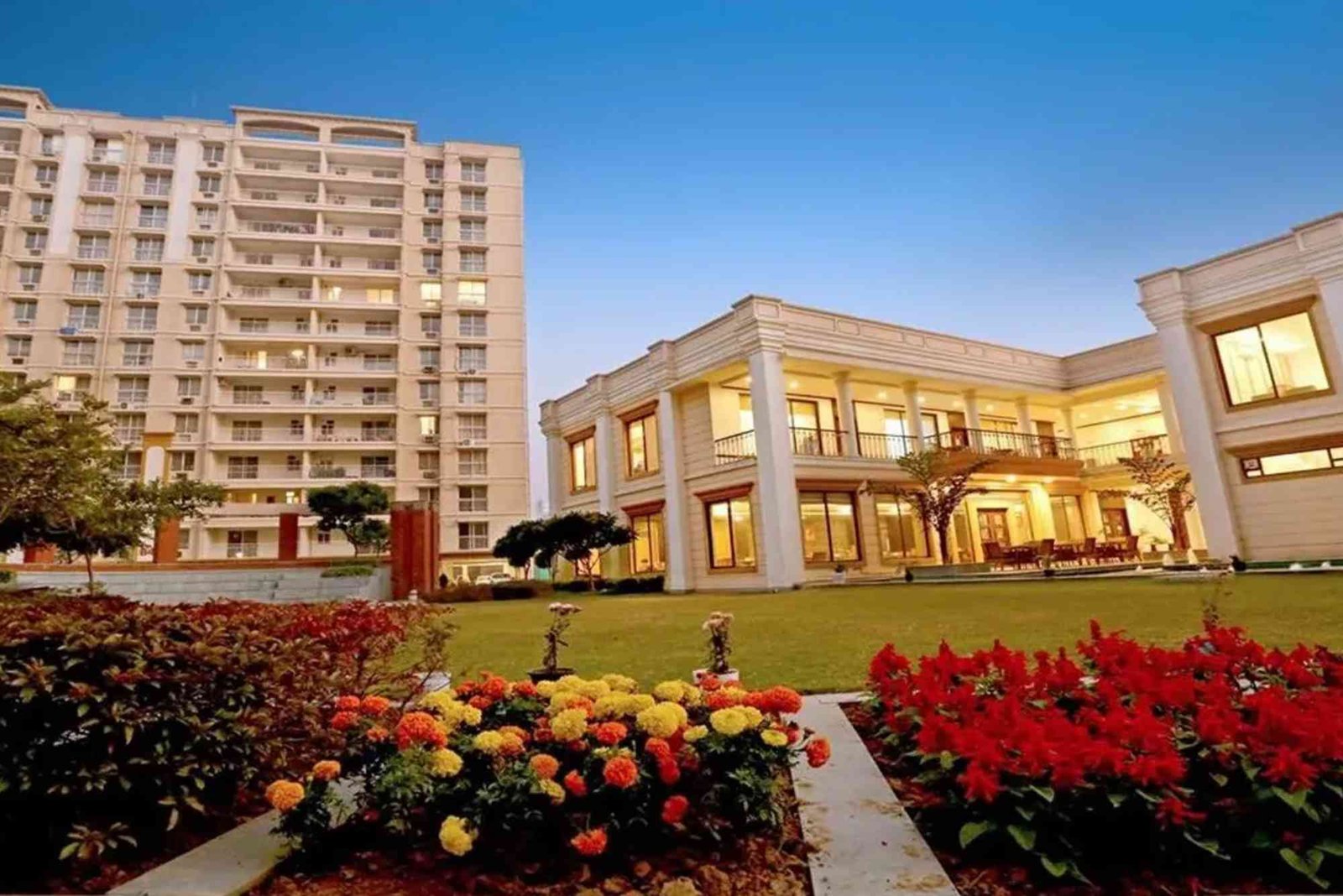When commercial disputes arise in Dubai, businesses have two primary legal avenues to resolve them: litigation through the courts or arbitration, a private dispute resolution method governed by mutually agreed rules. Choosing the right path can significantly influence the cost, time, enforceability, and confidentiality of the outcome.
Both litigation and arbitration are legally recognized and widely used in the UAE. Each option has its strengths, and the right choice often depends on the nature of the dispute, the relationship between the parties, the value at stake, and the terms outlined in the initial contract. Understanding the differences between these two methods is essential for business owners, legal advisors, and commercial stakeholders.
This comprehensive guide explores the fundamental differences between litigation and arbitration in Dubai’s commercial dispute landscape and how lawyers in Dubai can help you select and navigate the best route for your case.
1. Definition and Nature
Litigation:
Litigation refers to the formal process of resolving a dispute through the judicial system. In Dubai, this typically means filing a case with the Dubai Courts (onshore) or the DIFC Courts (offshore). The outcome is decided by a judge (or a panel of judges), and the proceedings follow strict procedural and evidentiary rules.
Arbitration:
Arbitration is a private dispute resolution process where parties agree to have their case decided by one or more arbitrators. Arbitration is usually pre-agreed in a contract, where both parties commit to resolving any disputes outside of court. The arbitrator’s decision—known as an award—is binding and enforceable, just like a court judgment.
2. Legal Framework and Institutions
Litigation:
- Governed by Federal Law No. 11 of 1992 (UAE Civil Procedure Law) for Dubai Courts.
- DIFC Courts operate under an independent, common law system and have their own procedures.
- Courts follow strict rules on evidence, timelines, translations, and filings.
Arbitration:
- Governed by Federal Law No. 6 of 2018 (UAE Arbitration Law).
- Key arbitration institutions in Dubai include:
- Dubai International Arbitration Centre (DIAC)
- DIFC-LCIA Arbitration Centre
- ICC (International Chamber of Commerce) Dubai Chapter
- Dubai International Arbitration Centre (DIAC)
Arbitration procedures are generally more flexible and can be tailored by the parties in their agreement or chosen rules (e.g., UNCITRAL, DIAC Rules, DIFC-LCIA Rules).
3. Jurisdiction and Applicability
Litigation:
- Default option if no arbitration clause exists.
- Jurisdiction is typically determined by the location of the parties, the performance of the contract, or the subject matter.
- Dubai Courts handle onshore disputes (in Arabic), while DIFC Courts handle disputes under English law if the parties agree to DIFC jurisdiction.
Arbitration:
- Jurisdiction arises only if there’s a valid arbitration agreement.
- It can be applied to domestic and international disputes, especially in complex commercial contracts.
- Commonly used in construction, energy, shipping, franchise, and joint venture disputes.
4. Language and Proceedings
Litigation:
- Proceedings in Dubai Courts are conducted in Arabic. All documents must be legally translated.
- In DIFC Courts, proceedings are in English, making them more accessible to international businesses.
- Hearings are formal, with set schedules and procedures.
Arbitration:
- Parties can choose the language of proceedings, often English.
- More informal and private than court hearings.
- Hearings may be conducted in person, online, or based solely on written submissions.
5. Confidentiality
Litigation:
- Proceedings are public unless sealed by court order.
- Judgments are publicly accessible, which can impact the reputations of the parties involved.
Arbitration:
- Highly confidential. Only involved parties and arbitrators have access to proceedings and final awards.
- Preferred by businesses seeking to protect sensitive commercial information or ongoing partnerships.
6. Timeframe and Duration
Litigation:
- Generally slower than arbitration.
- From filing to judgment in the Court of First Instance can take 6 to 12 months.
- Appeals to higher courts (Appeal and Cassation) can add 6 to 12 more months.
- Complex cases may take 2 years or more to conclude.
Arbitration:
- Usually faster, depending on complexity and cooperation between parties.
- Most cases are resolved within 6 to 12 months.
- No right of appeal (except in very limited circumstances), which speeds up finality.
7. Costs
Litigation:
- Court fees range from 6% of the claim amount, capped at a maximum.
- Additional costs include translation, expert fees, and legal representation.
- Generally, more cost-effective for small to medium-sized claims.
Arbitration:
- More expensive upfront, especially in large-value or multi-arbitrator cases.
- Costs include arbitrators’ fees, administration fees (based on claim value), legal fees, and expert witnesses.
- More suitable for high-value or sensitive disputes where confidentiality and speed are prioritized.
8. Right to Appeal
Litigation:
- Parties have the right to appeal a judgment to:
- Court of Appeal
- Court of Cassation (on points of law only)
- Court of Appeal
- This process allows for review but significantly increases the time to final resolution.
Arbitration:
- No traditional appeal process.
- Awards are final and binding.
- Challenges are limited and must be based on procedural violations, excess of jurisdiction, or breach of public policy.
9. Enforceability of Judgments and Awards
Litigation:
- Dubai Court judgments are enforceable across the UAE.
- DIFC Court judgments can be enforced in the UAE through mechanisms like the DIFC-Dubai Courts Protocol.
- Enforcing a foreign court judgment in Dubai requires:
- Reciprocity between the UAE and the foreign country.
- Finality of judgment.
- Compliance with UAE public policy.
- Reciprocity between the UAE and the foreign country.
Arbitration:
- UAE is a signatory to the New York Convention (1958).
- Arbitral awards are enforceable in more than 170 countries.
- The enforcement process in the UAE involves court ratification, but courts generally support enforcement unless serious procedural defects exist.
10. Suitability for Commercial Disputes
Litigation:
- Suitable for:
- Clear-cut disputes with minimal technical complexity.
- Cases involving parties unwilling to arbitrate.
- Claims requiring urgent relief (e.g., injunctions, asset freezes).
- Smaller claims where cost and speed of enforcement matter.
- Clear-cut disputes with minimal technical complexity.
Arbitration:
- Preferred for:
- Cross-border disputes.
- Construction, energy, and infrastructure projects.
- Complex contracts with high confidentiality needs.
- Parties that desire control over procedure and arbitrator selection.
- Cross-border disputes.
11. Flexibility and Party Autonomy
Litigation:
- Fixed procedures, rules, and timelines.
- Judges are appointed by the court, not chosen by the parties.
Arbitration:
- High degree of flexibility.
- Parties can:
- Choose arbitrators with specific expertise.
- Decide rules and procedures.
- Set deadlines and timelines that fit their business needs.
- Choose arbitrators with specific expertise.
This autonomy is a key reason why many international contracts include arbitration clauses.
12. Legal Representation and Strategic Guidance
Regardless of which method you choose, working with experienced lawyers in Dubai is essential. They can:
- Analyze the strengths and weaknesses of your case.
- Draft and negotiate dispute resolution clauses during contract formation.
- Represent you during litigation or arbitration proceedings.
- Advise on jurisdictional advantages between Dubai Courts, DIFC Courts, or arbitration centers.
- Help enforce judgments or awards locally and internationally.
A qualified legal advisor ensures that your commercial interests are protected and that you don’t miss crucial procedural steps.
Final Thoughts
Both litigation and arbitration are powerful tools for resolving commercial disputes in Dubai. While litigation offers the structure and authority of the public court system, arbitration provides speed, confidentiality, and flexibility—especially valuable in high-stakes or international disputes.
The right choice depends on your business goals, the nature of the transaction, and the dispute resolution clause in your agreement. In some cases, a hybrid approach may be most effective, such as resolving urgent matters through court and settling the rest via arbitration.Engaging experienced lawyers in Dubai from the start can help you make the right decision, negotiate favorable contract terms, and navigate the legal process with confidence. Whether you choose the courtroom or the arbitration chamber, having a strategic legal partner ensures you are positioned for a successful resolution.











